We reduce stress on our own: in which parts of the body stress accumulates
Categories: Health and Medicine
By Pictolic https://pictolic.com/article/we-reduce-stress-on-our-own-in-which-parts-of-the-body-stress-accumulates.htmlHave you ever talked about something or someone: "this is an extra headache", "you're already sitting in my liver", "you make me sick"? Each of us wants to get rid of unpleasant feelings, such as irritation, fear, sadness. We associate them with hopelessness and impotence. Therefore, it is not surprising that we try to deny or suppress them. We push them out of our consciousness and reject these emotions. And, instead of accepting, digesting and letting go, we seal them inside ourselves.
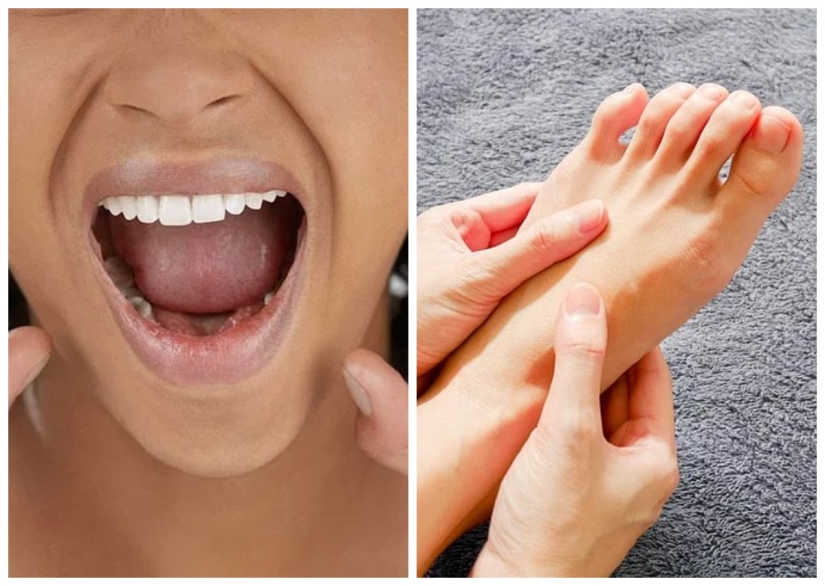
This creates a lot of problems, and they are not only of a psychological nature, such as, for example, a conflict with oneself as a result of denying part of one's, albeit negative, experience. After all, unpleasant emotions do not go anywhere — they are stored in our body, causing incomprehensible pains in different parts of it. This is called psychosomatics.
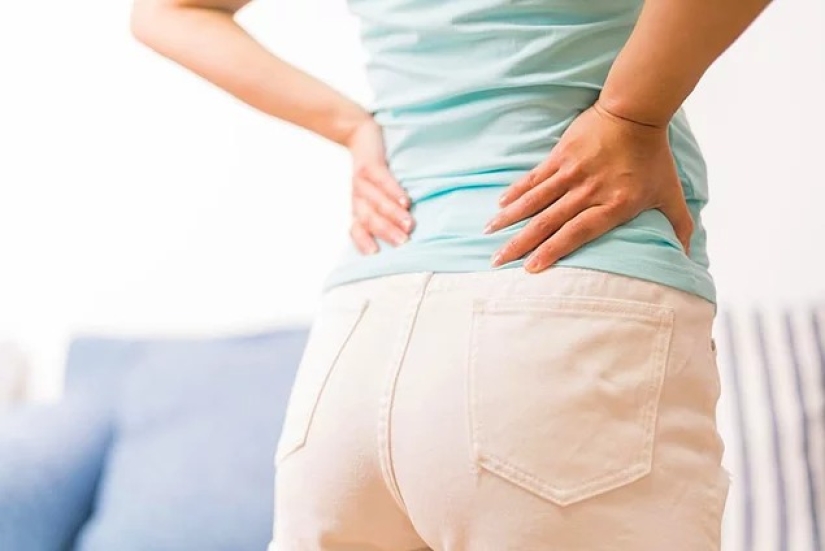
To get rid of this problem, it is necessary to learn how to constructively resolve conflicts with other people. It's not that easy. However, having learned how to turn the destructive power of anger into a creative one, you will see how much more dynamic and happier your life will become. Formulate your anger verbally, and constructively. This will make you more confident, more energetic, and relationships with other people will become healthier.

When we are afraid, the stomach and intestines strain. When we say "it makes me sick," we are literally describing our body's reaction to the conflict. The more you deny and suppress your fear, the more often you will have a stomach ache. Admit that you are afraid and talk about it with a person you trust.
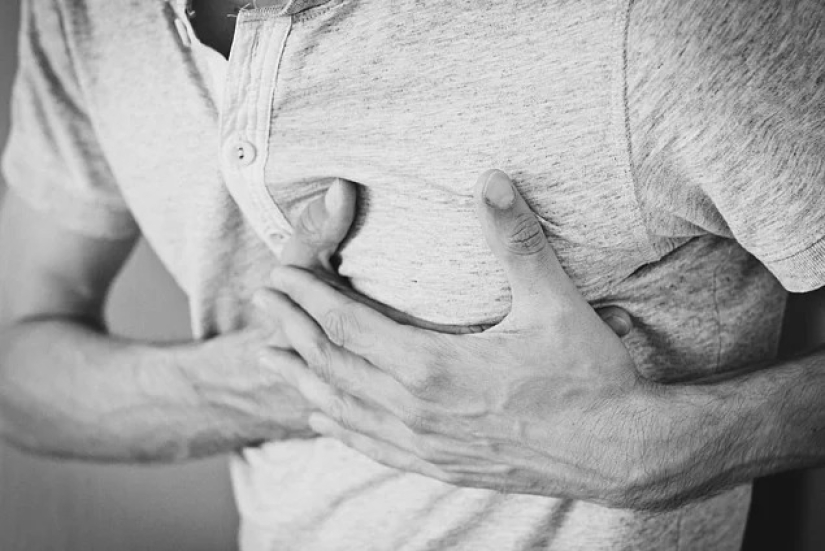
Pain in this area can occur when one of our loved ones causes us pain. If we ignore a broken heart for a long time, it can start to "bleed". Therefore, after the breakup of a relationship, it is necessary to mourn them, accept their condition. After that, everything should gradually pass.
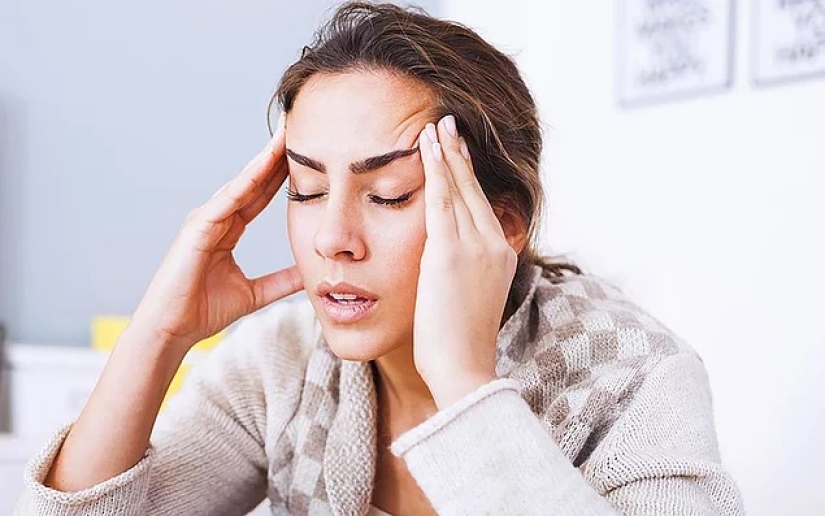
If you are very or even a little control freak, you will have a hard time. No matter how strong-willed you are, it will inevitably lead to severe headaches. Not all life's difficulties can be overcome with the help of intelligence or attempts to subordinate everything to your control. Moreover, this approach can only aggravate some problems. By allowing yourself to let go, to accept what you can control and what you can't, by practicing self-awareness, you will be able to cope with your headaches.
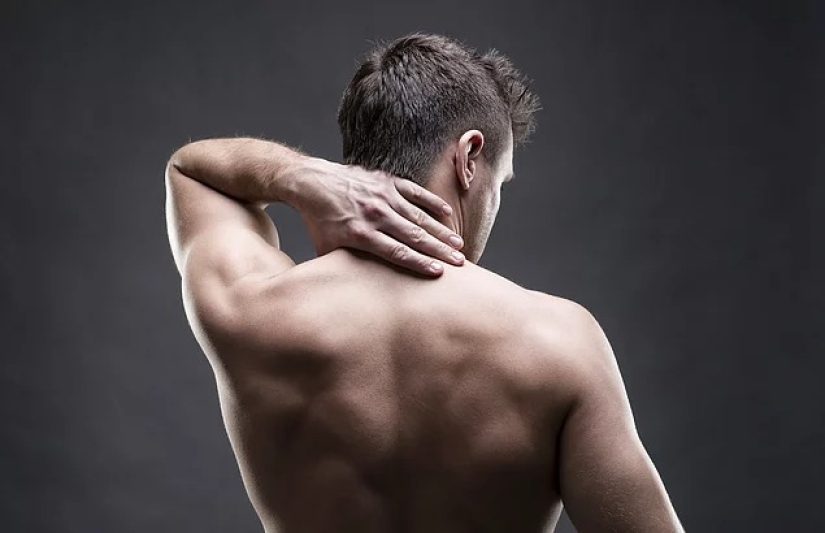
Pain in the cervical region occurs if you take on too many responsibilities. Instead of asking for help, you tend to do everything yourself. Learn to delegate, accept support, decide what is important and what is not. Share responsibility with other people.

Resentment affects the whole body and causes you much more damage than those you are angry with. By blaming others, becoming a victim, over and over again squandering events in your head, you exhaust your body. This prevents you from living in the present moment, enjoying what is happening now, in the present. By focusing on those who have let you down, you give them a place in your head. Instead, try to forgive them or at least move on. Strive for a more satisfying relationship, take care of yourself and you will feel invigorated and strong.
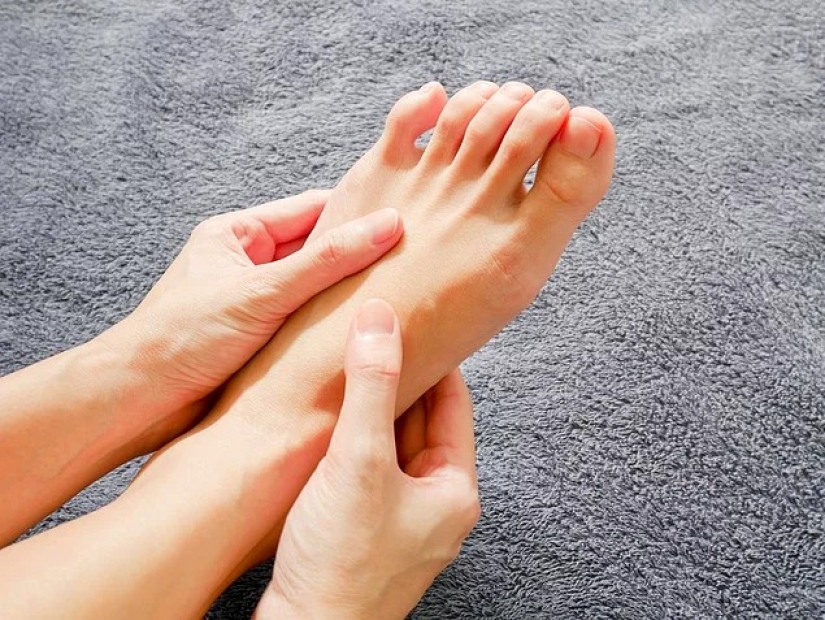
When we are caught up in an event, our senses are dulled. This is a defense mechanism of the psyche so that we can isolate ourselves from pain or danger. Traumatic incidents are not always associated with a threat to life — this may be the result of real or fictional danger or violence or abuse experienced in childhood. If over time you have not managed to cope with this trauma, the memory of it remains alive in your body.
As a result, when you are in a vulnerable position, you kill your feelings. Because of this, you can't trust people, you lose the opportunity to really get close to them. Any situation where you find yourself defenseless scares you, and you become numb or pale. The first step to freeing yourself from trauma is to accept the power it has over you and ask for help.
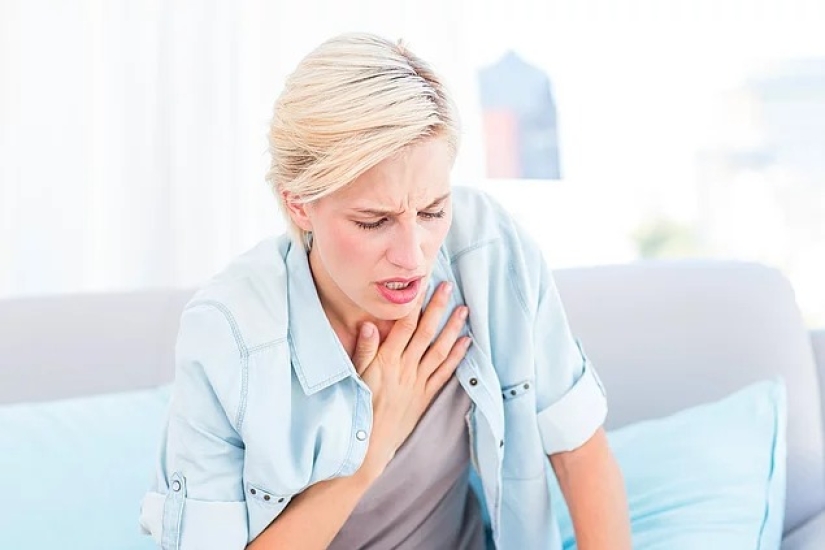
Shortness of breath, panic attacks, as a result of which you do not have enough air, a suffocating feeling — all these symptoms manifest themselves in those who suppress great sadness. They don't want to cry, they avoid being sad about the events that broke their heart. They suppress this feeling, move on, concentrate on something else. But holding back tears is practically the same as holding your breath. And when you finally allow yourself to do this, the tears will flow in a torrent, at the same time causing pain and bringing relief. Getting rid of pent—up sadness is like taking a breath of fresh air.
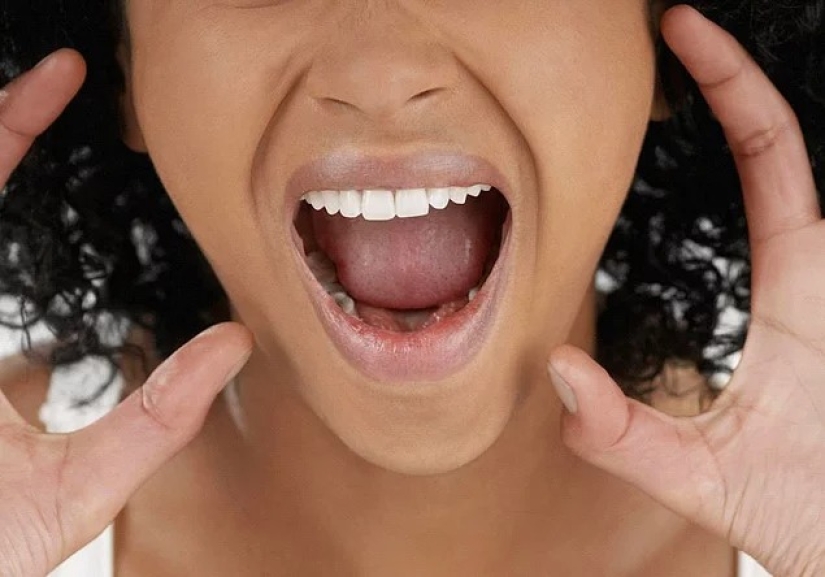
The oppressed are not given the right to vote. This happens if you grew up in an environment where you were suppressed all the time, it was dangerous to express your opinion or talk about your needs. In addition, there is a harsh self-critic inside you. As a result, as an adult, you learn to restrain your feelings. When you have an impulse to speak out, you return to the childish tendency to shut yourself up, to suppress your voice.
This conflict of two desires generates tension, which results in problems with the throat and voice. In these cases, keeping a diary helps, where you can express your inner critic and begin to confront him. Reading poetry aloud can also help to increase self-confidence (it closely connects us with the subconscious). We hope this will help you understand that you have the right to be heard.
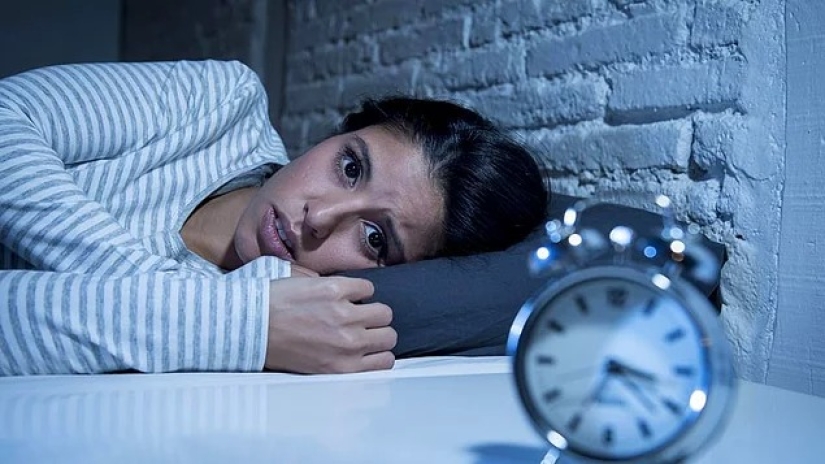
When you go through vital changes — whether good or bad - you tend to lose sleep. Circumstances change, and you worry about it. This happens in particularly stressful times or in the process of personal growth. For many, insomnia is associated with the fear of the unknown. Write down your fears or express them to close friends. Learn to work with new conditions, and not to suppress your fear of them. And then sweet dreams are waiting for you.
Recent articles

It's high time to admit that this whole hipster idea has gone too far. The concept has become so popular that even restaurants have ...

There is a perception that people only use 10% of their brain potential. But the heroes of our review, apparently, found a way to ...

New Year's is a time to surprise and delight loved ones not only with gifts but also with a unique presentation of the holiday ...